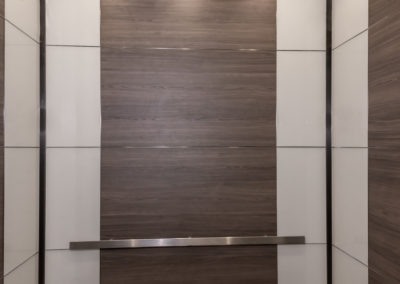In the wake of the tax bill passed on December 22, the commercial real estate industry has come out ahead in terms of benefitting from new changes. The National Association of Realtors (NAR) cited sections dealing with like-kind exchanges, carried interest, cost recovery, qualified private activity bonds and the low-income housing tax credit as “major [victories] for real estate stakeholders.”
While there are multiple possible benefits for commercial property owners and investors, the biggest gains will come from increased deductions for pass-through entities—to the tune of 20%. Because “real estate investment is almost always conducted through [partnerships and LLCs], it will be a sector to benefit richly after the late-stage inclusion of property investment under the provisions of the bill.”
Similarly, investors stand to gain from 1031 exchanges. “The tax bill preserves the 1031 tax-deferred exchange rules that allow investors to defer capital gains on the sale of a property by reinvesting proceeds into another qualifying “like-kind” property. One key change in the new tax bill is that the 1031 exchange can only be used to defer capital gains on the value of real estate property and excludes any value on personal property.”
Wondering if there’s a downside? Overall, industry leaders seem to agree that commercial real estate will benefit from ripple effects economic and employment growth that will drive demand for commercial properties. National Real Estate Investor warns, however, of a “potential downside is if the tax bill contributes to higher inflation and a rise in interest rates, which would make borrowing more expensive for real estate investors.” Bigger Pockets also notes that the new bill eliminates the Domestic Production Activity Deduction (DPAD), which “will negatively affect flippers, developers, and builders.”
Belvoir is closely following updates related to the recent tax reform bill and will relay the latest news on our blog to keep you going places.



























